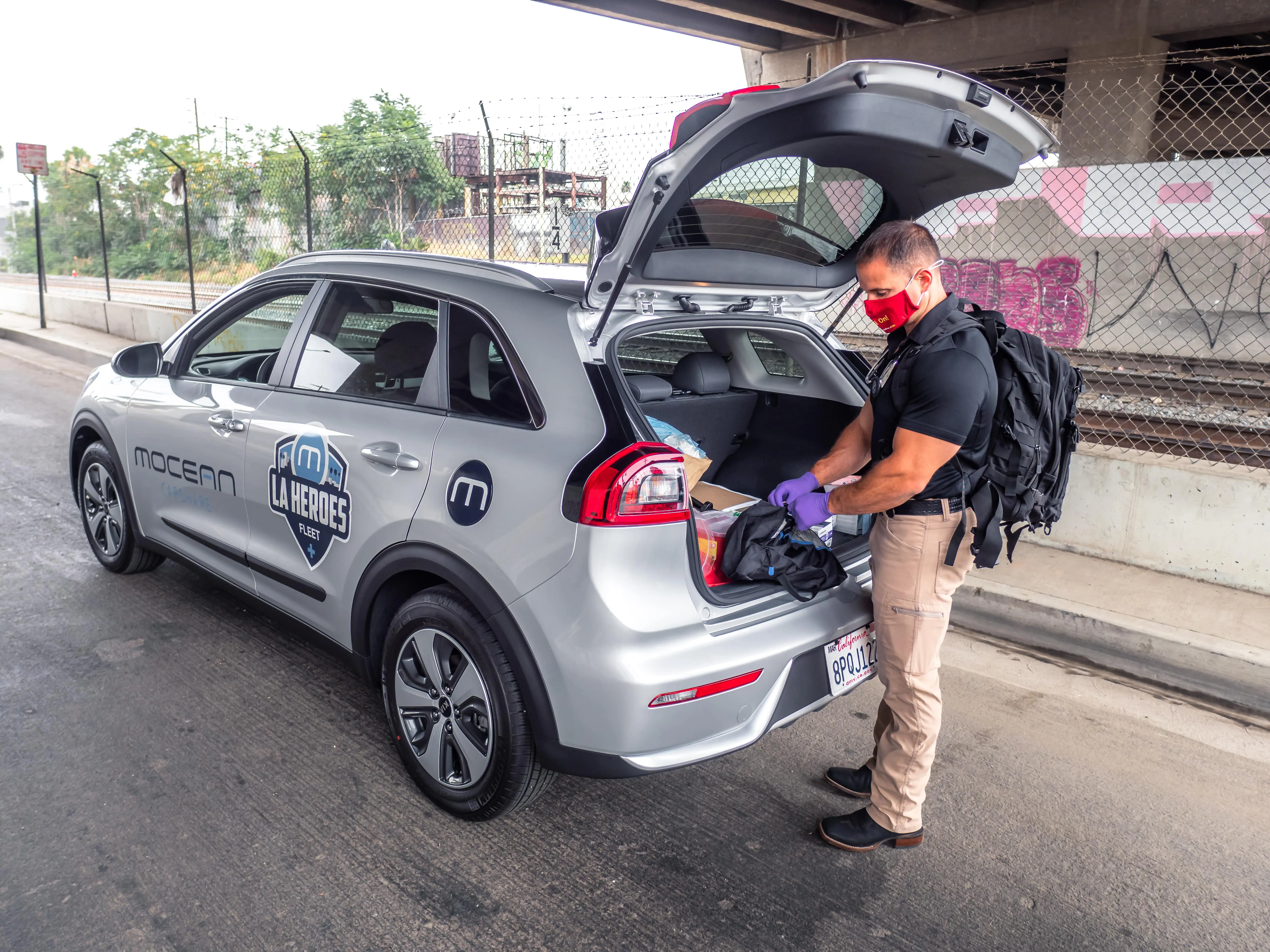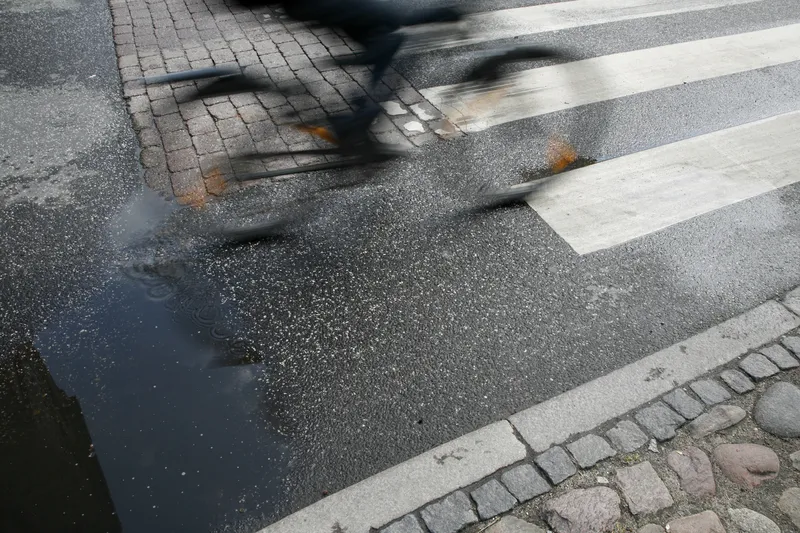
MoceanLab is providing hybrid vehicles from its car-share service to help USC Keck School of Medicine’s street medicine team care for homeless people in Los Angeles.
The mobility laboratory – developed by Hyundai Motor – says its Mocean Carshare service will help the team as they travel to people in homeless encampments and under freeway overpasses.
Brett Feldman, USC’s director of street medicine at USC, says: “Our collaboration with Mocean Carshare will help us improve the physical, mental and emotional wellbeing of these vulnerable men and women directly in the environments where they are most comfortable.”
USC's team provides treatment for chronic conditions such as high blood pressure and diabetes, dispensing medications, delivering drug and alcohol counselling and basic mental health services and providing basic survival supplies.
They also inform the academic work of researchers seeking to better understand the challenges facing the unsheltered homeless population and develop more effective care.
Aaron Gross, LA’s chief resilience officer, says: “Addressing the challenge of chronic homelessness is an urgent priority in communities throughout Los Angeles, especially as the Covid-19 pandemic and resulting economic slowdown place new burdens on families and individuals.”
The Los Angeles Homeless Services Authority revealed there are 66,436 homeless people in LA County, representing a 12% rise from last year's 58,936. Homelessness has also increased in the city of LA by 16% from 35,500 in 2019 to 41,290 in 2020.
Gross believes the collaboration will “have a profound impact on residents in need who deserve this excellent, humane medical care”.
Mocean Carshare took to the streets of LA earlier this year to provide a free-floating service in which drivers can return the car to any public parking space within the home zone that shows up in the app. The driver's smartphone serves as a key throughout the journey.
The company describes the home zone as a large portion of the downtown area with another set to open in the Eagle Rock neighbourhood near Occidental College to be opening shortly.
Drivers must pay a $12 application fee to join the service and are then charged on a pay by use basis of $0.42 a minute, $14 per hour and $86 per day.
Last November, Hyundai launched MoceanLab to provide mobility services in LA while also aiming to reduce congestion ahead of the 2028 Olympics.







